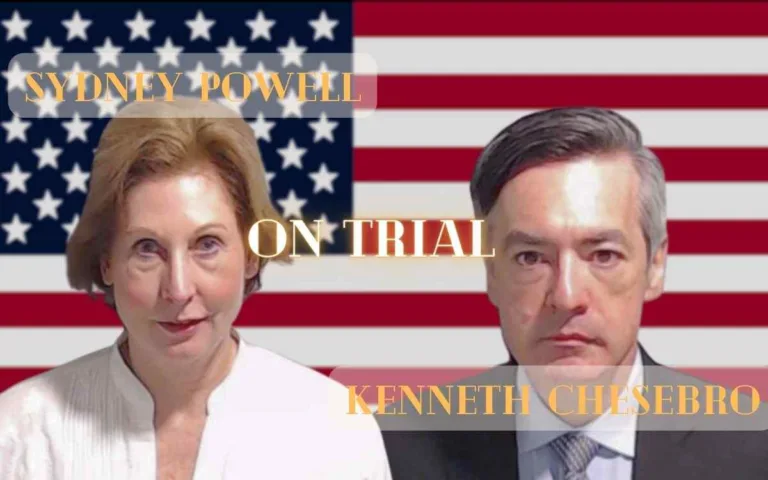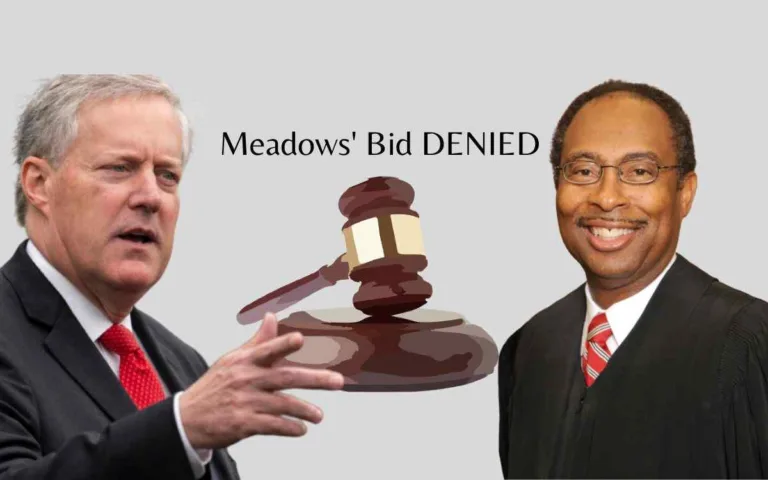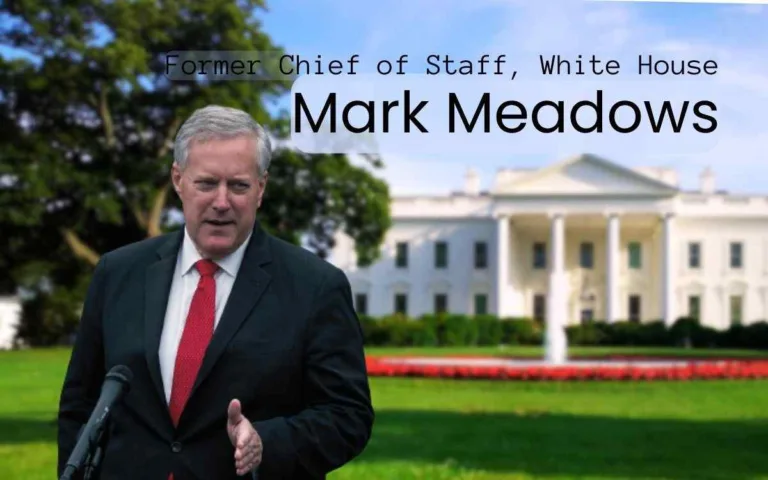Trump’s Moves: Crushing Charges in Georgia!
In a significant legal development, former President Donald J. Trump has taken an assertive stance against the election interference charges leveled against him in Georgia.

Mr. Trump’s Georgia attorney, Steven H. Sadow, submitted a one-page motion requesting the dismissal of most of the 13 charges outlined in the extensive election interference indictment issued by a grand jury last month.
This move follows a comprehensive critique of the indictment presented in a separate motion by one of Mr. Trump’s co-defendants, attorney Ray Smith III.
Critique of the Indictment
Ray Smith‘s motion, filed alongside a team of legal experts, challenges the legitimacy of the 98-page indictment on multiple fronts. Find the full 98 page indictment HERE.
It asserts that the indictment, which includes charges of violating Georgia’s Racketeer Influenced and Corrupt Organizations Act (RICO), fails to adequately allege the existence of a racketeering enterprise with the goal of overturning Mr. Trump’s narrow 2020 election loss in the state.

Smith’s argument contends that the RICO charge seeks to punish protected First Amendment activity, asserting that the indictment’s “defects” are numerous and its legal foundation is unsound.
Smith’s legal team further contends that the alleged racketeering conspiracy described by the prosecution is, in reality, comprised of millions of people across the nation who believed election fraud had occurred and were collectively pursuing the same goal as the defendants.
Drawing a parallel, they argue, “the mere fact that they all rob banks and have the same goal and many of the same methods of operation does not mean that all American bank robbers constitute one RICO enterprise.”
Legal Landscape and Strategies
As the legal battle unfolds, the defense’s motions are seen as strategic maneuvers.
They signify Mr. Trump’s resolute effort to challenge the indictment’s legitimacy, even before his indictment in August.
Legal analysts anticipated this assertive defense, understanding that Mr. Trump’s legal team would take proactive measures to challenge the charges.
Previously, Mr. Trump’s lawyers sought to separate his case from two co-defendants, Sidney Powell and Kenneth Chesebro, both of whom have demanded a speedy trial. More Here.
Their joint trial is scheduled to commence on October 23.
Ray Smith, an Atlanta-based attorney, faces twelve charges in the case, including advancing false election claims during a legislative hearing and participating in efforts to secure fake Trump elector votes.
Smith has pleaded not guilty, with his defense asserting that his advocacy did not incite violence or criminal activity.
Legal Analyst’s Perspective
Chris Timmons, a former prosecutor in the Atlanta area, expressed skepticism about the success of the motions in court, emphasizing the indictment’s tight definition of the racketeering enterprise.
However, Timmons noted that such motions often serve as tools to influence public opinion and potentially influence a future jury pool.
Crucially, the Smith motion acknowledges that certain activities, such as threatening physical harm to an election worker or stealing computers or information, should be prosecuted as crimes.
Several defendants in the case have been charged with conspiracy to commit computer theft in connection with a breach of a rural Georgia county’s voting system, while others are accused of threatening poll workers.
Summary
Mr. Trump may consider transferring his case to federal court, where the jury pool may be more sympathetic to his position.
Nevertheless, a recent ruling by a U.S. District Court judge rejected a similar request from Mark Meadows, Mr. Trump’s former White House chief of staff, possibly dimming the prospects of success for such a strategy.






